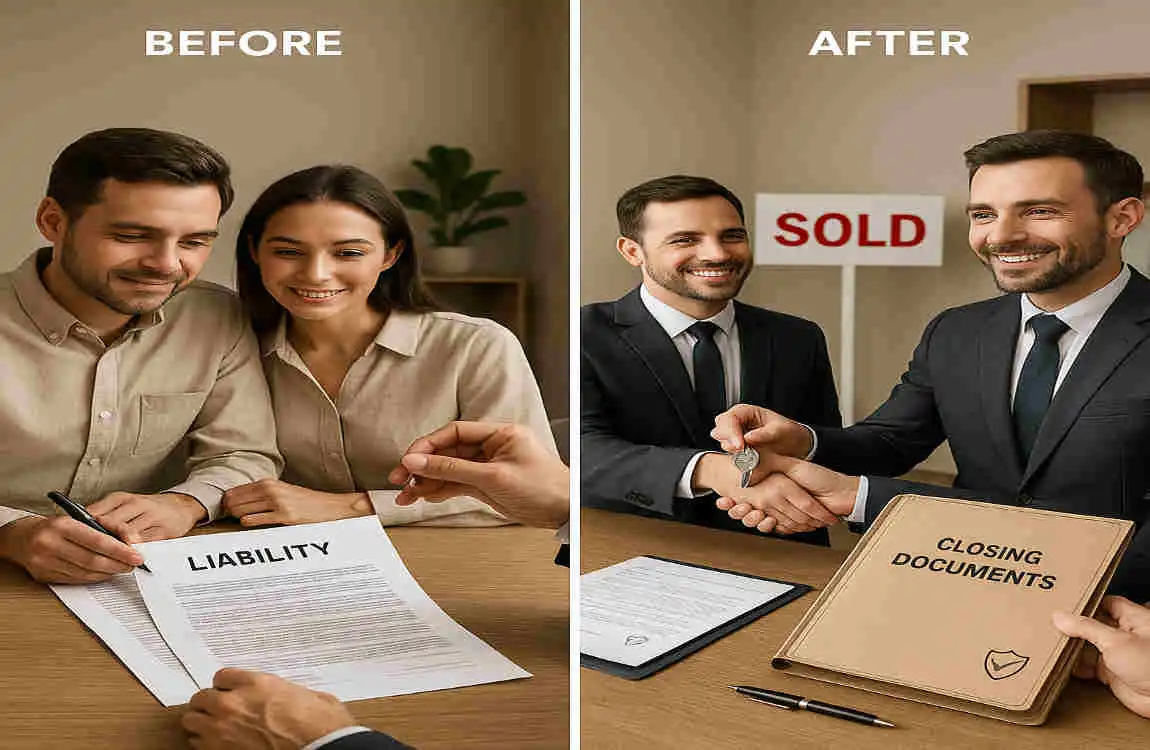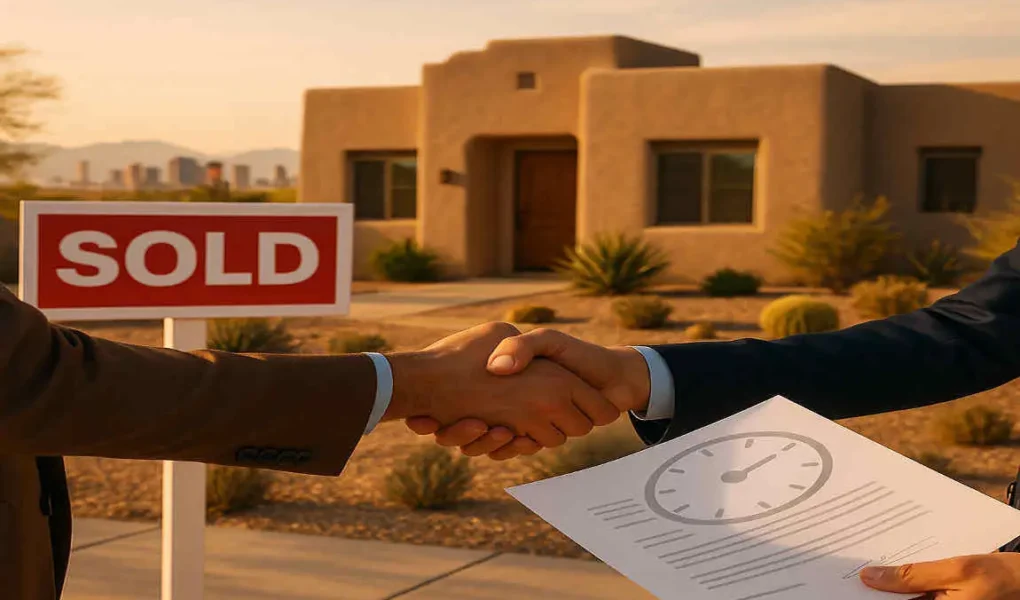After selling a house in Arizona, a seller can be legally liable for certain issues, especially if they failed to disclose known material defects. In Arizona, the statute of limitations for breach of contract claims related to the sale is typically 6 years, while for property damage claims, it is 2 years. This means a seller could potentially be held liable for up to 6 years for contractual issues arising from the sale, or 2 years for damage-related claims if the buyer pursues legal action. Sellers should provide full disclosure of known defects to protect themselves from post-sale liabilities.
This liability period is guided by state laws and protective measures like disclosure obligations, and failure to comply can result in legal consequences for the seller.
Understanding liability when selling a house in Arizona

When you sell a house in Arizona, liability refers to your legal responsibility for any issues that may arise after the sale. This can include problems related to property defects, unpaid taxes, or disputes over disclosures.
Sellers must be aware that certain obligations don’t simply vanish once the transaction is complete. Buyers can hold sellers accountable for undisclosed issues or misrepresentations about the property’s condition.
In Arizona, this liability can extend beyond just physical defects. It also includes compliance with local laws and regulations regarding disclosure requirements. The more transparency you provide upfront, the better equipped you’ll be to minimize potential liabilities down the road.
Understanding these nuances not only protects your interests but also fosters trust between you and potential buyers. After all, a smooth transaction leads to happier parties on both sides of the deal.
How long does the statute of limitations for real estate transactions last?
The statute of limitations for real estate transactions in Arizona generally falls under a three- to six-year timeframe. According to the claim’s nature, this period can vary.
For breach of contract claims, you typically see a six-year limit. If a buyer decides to pursue legal action regarding an undisclosed issue, they may have up to two years from the time they discovered the problem.
It’s crucial to understand that these timelines can significantly impact sellers’ responsibilities after closing. Once this period expires, it becomes increasingly complex for buyers to seek recourse against previous owners.
However, certain circumstances might affect these durations—like fraud or misrepresentation—which could extend liability beyond typical limits. Knowing where you stand within this framework is vital when navigating post-sale obligations as a seller in Arizona’s real estate market.
Factors that can extend or shorten the statute of limitations
Several factors can influence the statute of limitations for real estate transactions in Arizona. A key element is whether fraud was involved during the sale. If a seller intentionally hides defects or misrepresents property conditions, it may lead to an extended liability period.
Another consideration is whether the buyer has not yet discovered a defect that should have been disclosed. In such cases, the clock may not start ticking until they become aware of it.
State law changes and local court interpretations can also play a role in how long sellers remain liable after closing a deal. These nuances highlight the importance of understanding your specific situation when selling property in Arizona.
The importance of disclosure in minimizing liability
Disclosure is a crucial part of the home-selling process in Arizona. It helps you communicate potential issues to buyers, which can significantly reduce your liability.
Transparency builds trust. When you are upfront about any known defects or problems, it shows that you respect the buyer’s right to make informed decisions. This approach not only fosters goodwill but also minimizes legal risks down the road.
Arizona law requires sellers to provide a property disclosure statement. Failing to disclose essential information can lead to disputes and even lawsuits after the sale.
Buyers may feel misled if they discover hidden issues later on, leading them to seek compensation from you as the seller. By being honest and thorough in your disclosures, you create a safeguard against future claims.
Remember that well-documented disclosures serve as evidence should any disputes arise regarding undisclosed conditions of the property.
Steps to take after selling a house to protect yourself from liability

Once the sale is finalized, there are several steps you can take to protect yourself from potential liability.
First, keep all documentation related to the transaction organized and accessible. This includes contracts, disclosures, and any correspondence with your buyer.
Next, consider obtaining an attorney’s advice on how to manage future claims. They can provide guidance tailored to your specific situation.
It’s also wise to inform your insurance provider about the sale. Some policies offer coverage for post-sale issues that may arise.
Another proactive step is maintaining a record of repairs or improvements made before selling. This documentation serves as evidence of the home’s condition at closing.
Stay reachable in case new owners have questions regarding property history or maintenance records. Being available shows good faith and could help mitigate misunderstandings down the road.
Typical scenarios where sellers may still be held liable
Even after closing the sale, sellers can find themselves in tricky situations. One common scenario involves undisclosed defects. If a seller knows about issues like mold or plumbing problems but doesn’t disclose them, they could face legal repercussions later.
Another potential pitfall arises from misrepresentations. If a seller falsely advertises their property—such as claiming a home has more square footage than it does—they may be held accountable for any damages incurred by the buyer due to these inaccuracies.
Homeowners associations (HOAs) can also play a role in liability. If there are pending fees or violations that weren’t mentioned during the sale, buyers might come back seeking compensation from the previous owner.
Warranty claims pose another risk. Sellers who offer warranties must ensure they uphold their obligations; failing to do so might lead to disputes and further liabilities post-sale.
You may also read (cushioned vinyl flooring comfort and durability for your home).

